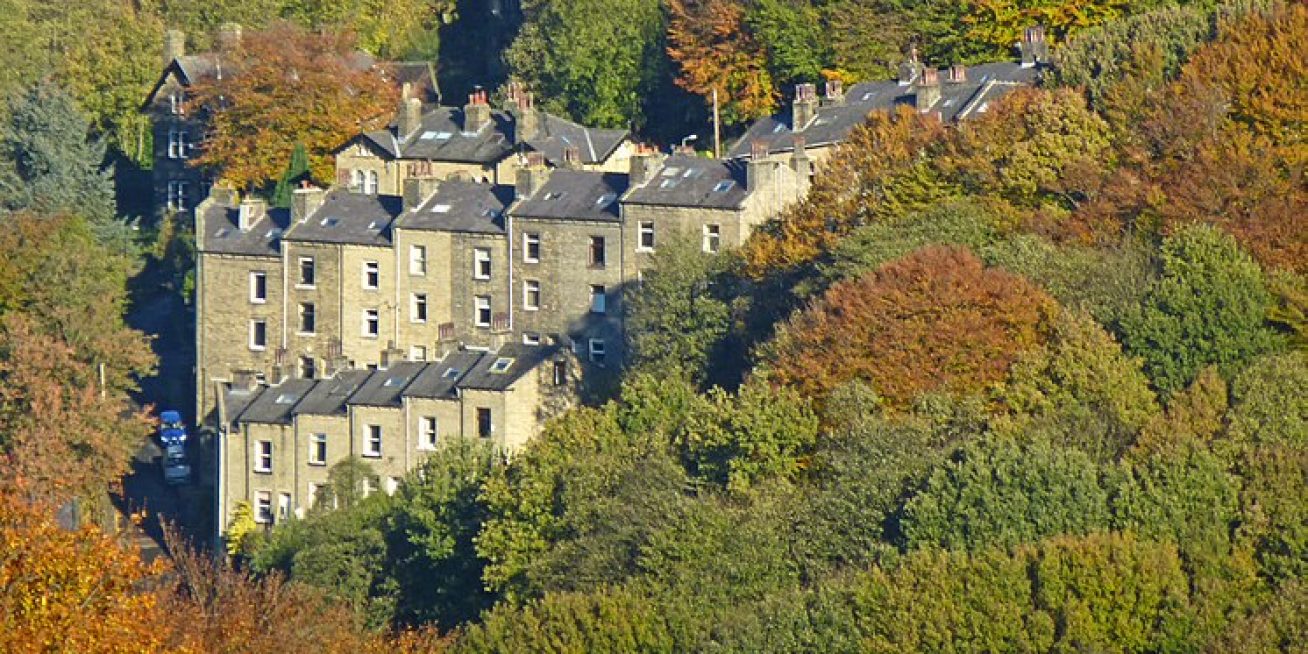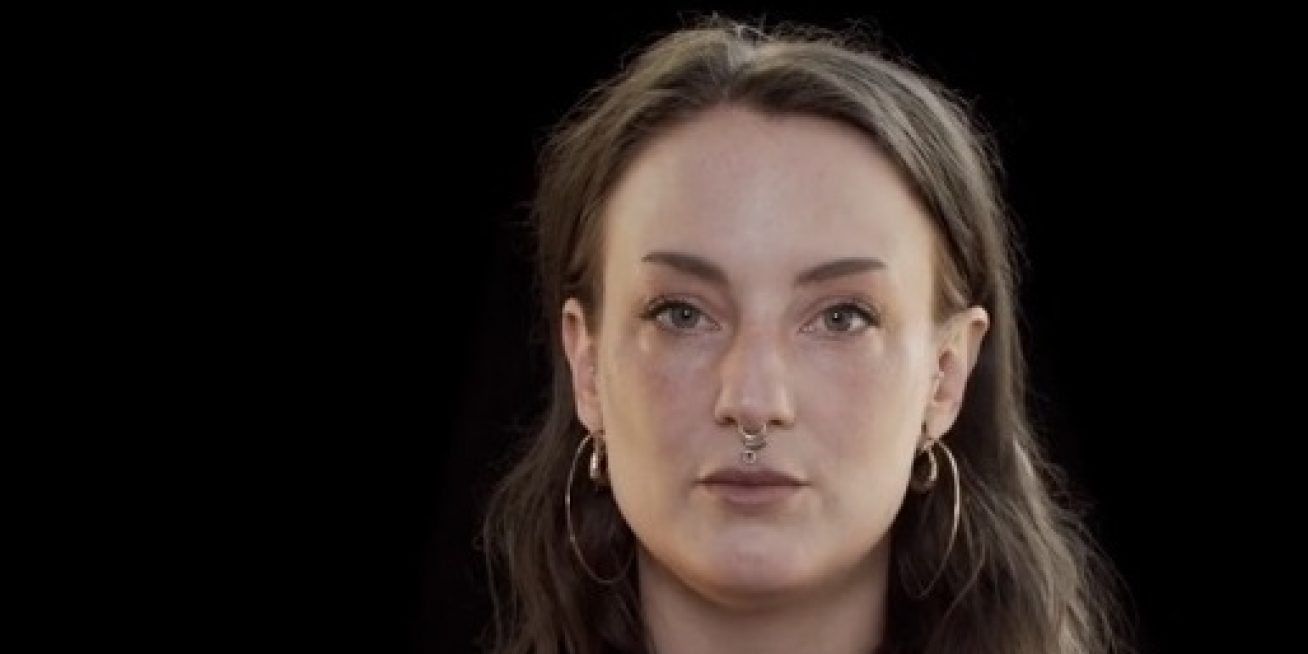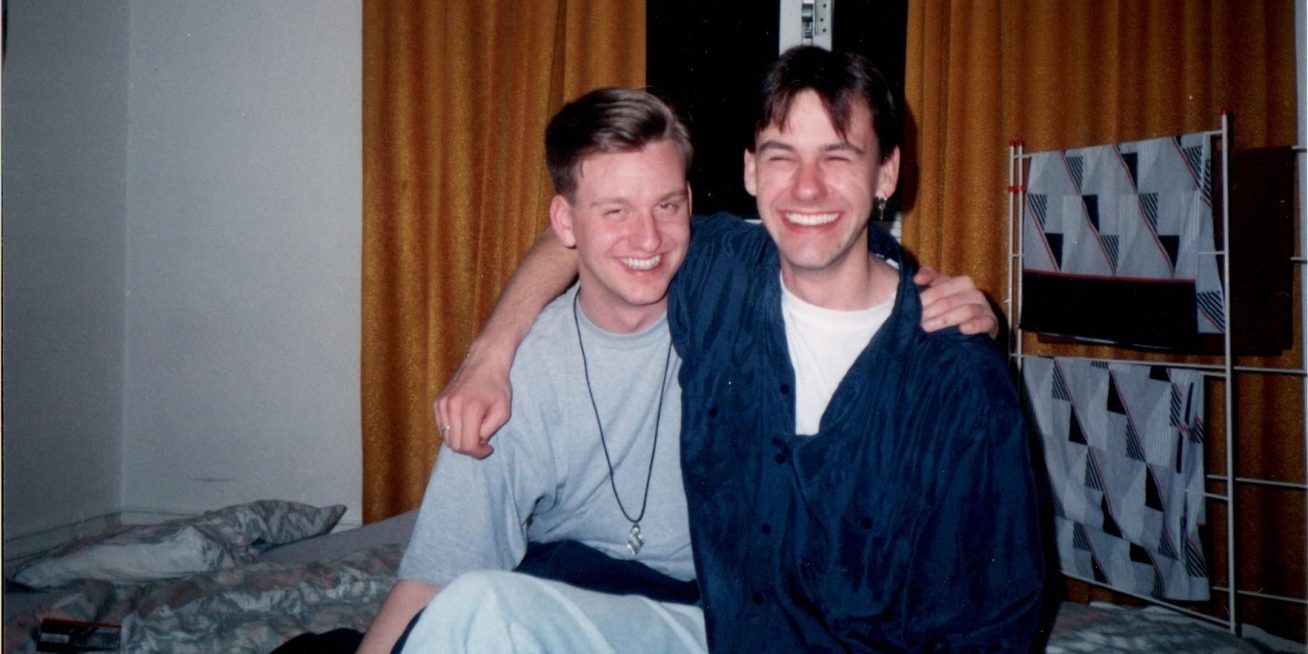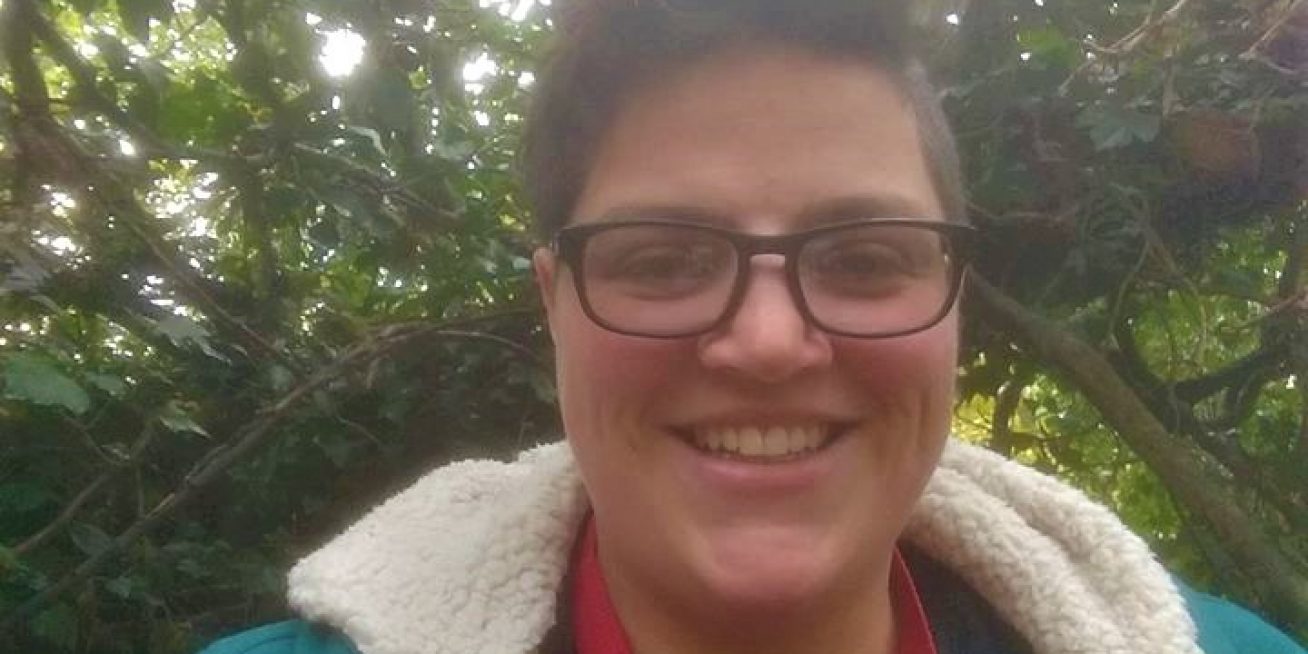The Brick Box
Rosie talks about setting up The Brick Box, a queer friendly bar in Bradford, and the importance of having a safer spaces policy 'The Declaration of Love'
TRANSCRIPT
RF: So, my co-director, Eleanor, is from Bradford. And so I first got to know the city before I moved here, yeah, I started - I, I made some friends through my friend, and started to come up, and we started to think of projects. And I always felt – I remember the first time I ever visited Bradford, I went to an event, at the Bradford Playhouse, and... I just thought ‘this is wild!’, you know. In sort of good and bad ways, you know, I thought, this is really, like, kind of at the edge of society that I knew at the time. And I was really surprised by how many different sorts of people were there at this one night, and I also thought the night was quite weird, you know, there was a… - you know, it was kind of like a mix of things going on, there wasn’t kind of a centre to it, it was quite, it was quite anarchic and, it was very open, you know, people chatting to me like, you know, like I was their friend. And actually because I’ve got a southern accent, I kind of assume that someone – there’d be someone in the North who’d be a bit like, off, with me.So [pause] So yeah, I just thought – ever since I first came here, I thought ‘wow, what an interesting place’, and I still do think it’s a very interesting place. So when the opportunity – after doing projects here for quite a few years, Eleanor and I had been running The Brick Box in London, and we were excited by the idea of having a venue in Bradford where we could create a more… - cr, create a longer-lasting impact on a city, in a place it was very hard to do some of the things we wanted to do in London. And, creatively we felt more excited by Bradford. Partially because of the destruction, you know, that you see all the time everywhere, I think if you’ve got an imagination that’s quite exciting. And partially because of the people, because of how sort of... diverse the, the, the people in Bradford are. But also there’s this kind of really strong solidarity economy, which I think comes... partially from a long history of social activism but also partially from the poverty. So be – there is this kind of sense of like, doing things together. And, that feels quite different from London, and I think creatively again, that works... that works really well. And I felt like... I felt like I had quite – I’ve got, you know, relatively, I – you know, I’ve been born with privilege and have quite a lot of... positive opportunities in my life, and... I felt like I needed to use my powers for good. [Laughs] And I felt like they would be better used in Bradford than in London. So... yeah, that’s why Bradford, yeah.
So... when we first opened our bar [pause] we had the opportunity – it’s not just a bar, I guess, it’s a – we, we think of it as an arts venue with a bar. But... we thought we – we always thought of it as an opportunity to kind of... manifest and embody the principles that, you know, that we have. So having a safe spaces policy... and a statement, was really important, for, for opening – and, and also we – the – our venue is on a street which is known for intimidating behaviour. So... you know, that’s a risk, and it was important for us to kind of, try and... stay and be open with, with, with kind of what we’re about. So... we created a, a, a, a statement, called The Declaration of Love which is on the door of the Brick Box Bar. And it’s quite a short statement and it’s just, and it’s, it’s, you know, it’s also vaguely humorous, but it, it just, it, it says that, you know, it’s important that we don’t have discrimination in this space, and regardless of what gender or ethnicity or sexuality or whatever, and if you feel intimidated you can have a word with one of our bar staff members who’s working at the time. And also for quite a long period of time, our bar manager... in place, Eric - so Eric’s trans, so, again, really important for what our members of staff to be, to be working there, and other – yeah, other people... others, team members at the time, and still are LGBTQ+. So that’s really, you know, it’s important in terms of the customers coming in but also in terms of our team. Yeah.
But I think the importance of having that as a space, I mean, it – interesting people do – having that declaration on the door, people do stop and look at it, people do quite often comment ‘oh that’s really good that you have that’. And... I think even if it doesn’t affect your safety, I think it makes you think about the fact that not everyone feels comfortable to be in spaces. So I think it’s hugely important, I don’t know [pause] I, I can’t think of another venue in Bradford that I’ve seen another safe spaces policy that’s displayed. I’m sure Bread & Roses co-op do have, have a, have a statement somewhere about that, but, it’s not... it’s not explicit. And our, our place, people come into The Brick Box Bar and say ‘are you a gay bar?’ and we say ‘not specifically’. I don’t – yeah, I didn’t – we also didn’t want to just run a, a gay bar. Which again, is like... furthering this peace-making that we’re talking about, you know, it’s creating a space which is for everyone, as long as you’re happy to be tolerant, you know, so. And also, it does bring up some conversations, you know, people – there is a traditional drinking crowd that come into our bar, and they are challenged by being served by someone who isn’t straight sometimes, or by reading that statement, or the stuff that we’ve got up on the walls, and then you can have a chat about it. And that’s why it’s nice to have a space where you can hold people in a social space, cos it can be... you, you’re at those points where people might be challenged and you can have discussion and maybe they don’t like it, maybe they leave or maybe they change their mind a bit, but I’m far more proud of being in a place like Bradford on a street like Ivegate than doing that in Shoreditch, where there wouldn’t be much challenging of different opinions going on.







